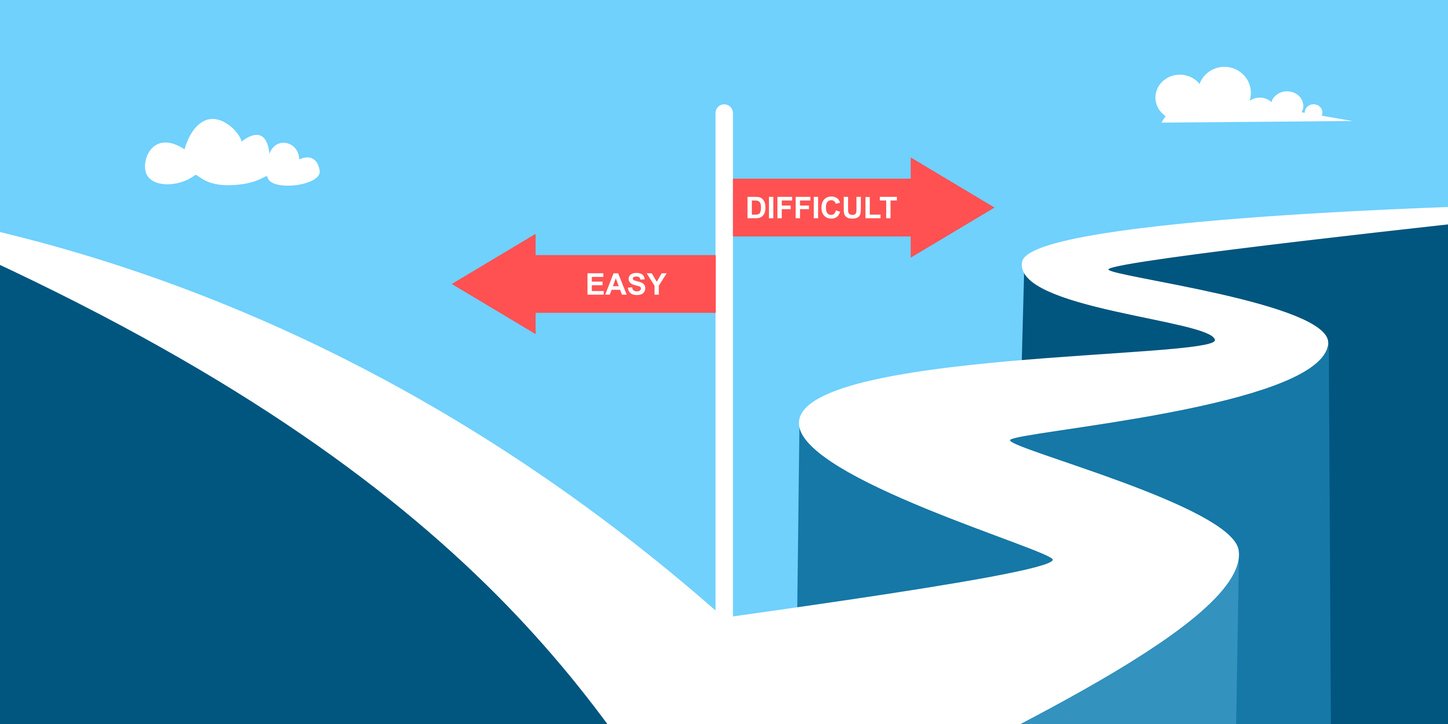Next year will be my 20th high school class reunion. I did not go to the 10 year reunion because I really did not feel like doing the "comparison thing". Over the years, as I have reconnected with former classmates, I have heard tidbits of news about some of my classmates. Some who were destined for success hit the "pot holes of life". Others have done quite well. I am sure the same story applies to you.
Over the years, as I have worked with clients as well as engaged former classmates, I have come to realize something that is now common sense to me and probably you. One's intelligence (IQ) is not necessarily a particularly high predictor of future success. In fact, emotional intelligence (EQ), one's mindset, and perseverence are significantly higher predictors of success.
A good friend of mine, David, is one such example. Actually David is everyone's friend. While David was not concerned about his grades in high school he loves people. David owns a restaurant and several other businesses that he built through relationships. Today, less than 20 years after high school graduation, David has accomplished what 50-100 of his average classmates combined have done.
Which begs the question. What can be a major contributor to success/failure? Read on... In the July 6, 2008 New York Times article, If You’re Open to Growth, You Tend to Grow, a big question is asked and answered. The question is asked...
"Why do some people reach their creative potential in business while other equally talented people do not?"
Check out the article and then get the fantastic book called, Mindset, by Stanford psychologist Carol Dweck.
I have read/reveiwed Mindset several times over the last year and find something new every time. Ever wonder why???
-
Brains and Talent do not always mean success?
The "answer" is yes... One's mindset does contribute to or hold back one's personal success. In the powerful book, Mindset, Carol Dweck shares a relatively simple concept that people subscribe to one of two mindset frameworks.
-
Fixed Mindset - For example... Fixed mindset people with a "fixed mindset" believe their intelligence or talent are "fixed" and that these alone create success. The reality is they are wrong.
-
Growth Mindset - For example... Growth mindset people believe themselves to be a work in progress and that through hard work they can be developed and enhanced.
The good news, according to Carol Dweck, is that a growth mindset is something we can develop in ourselves, our children, and those we work with. One's own mindset or beliefs about oneself's qualities may be developed.
and those we work with. One's own mindset or beliefs about oneself's qualities may be developed.
What do you believe? Do you believe your traits, talents, intelligence, and abilities are fixed or a work in progress?
What do your children, family members, employee team members, and new employees believe?
Interested in learning more about the power of mindsets and children (articles that quote Carol Dweck)? Check out the following links:




